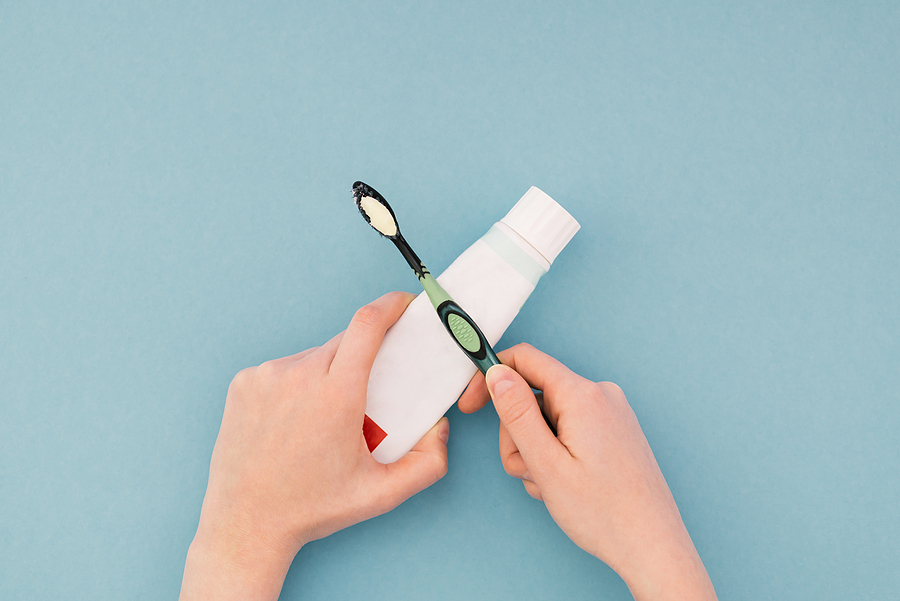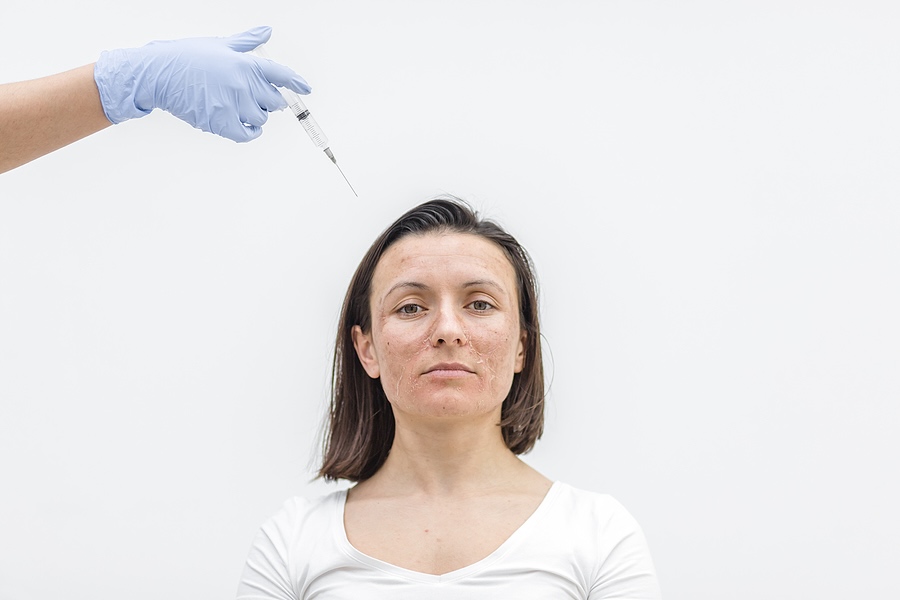Traditional medicine is great for treating serious disease, but often these practitioners aren’t looking at the whole picture. Alternative practitioners, like those of us in functional medicine, try to resolve the underlying causes of poor health rather than simply treating symptoms. In our experience, alternative hypothyroidism treatment can often reverse suboptimal thyroid function well before a woman develops permanent thyroid disease. Success in this approach largely depends on how early we intervene and on the extent to which autoimmune antibodies are present.
Poor nutrition is probably the origin of many thyroid problems (including low thyroid), and rich nutrition is vital to reversing them, or at least preventing further decline. Healthy thyroid function depends on a range of nutrients, especially selenium, folic acid, and iodine. Since most people cannot optimize levels of these nutrients through diet alone, a medical–grade supplement is vital. Of course, supplements should be used as a complement, not a substitute, for a balanced diet.
Stress in all its forms is another key culprit of thyroid dysfunction. Most of us experience a high degree of the most damaging kind: unremitting stress. It is important for hypothyroid treatment to identify the stressors you face and learn techniques and activities that can help you reduce your stress.
We often see hypothyroid symptoms totally reversed when a woman commits to a plan that supports balance through nutrition and daily self-care, including but not limited to the following guidelines:
- Consume foods naturally high in B vitamins, such as whole grains, nuts, and seeds, and iodine (fish, seaweed, vegetables and root vegetables).
- Exercise for at least 30–60 minutes per day, 4–5 times a week.
- Practice deep breathing and other techniques, such as meditation or guided visualization, that trigger the “relaxation response.
- Get adequate sun exposure if you live in a northern climate (15–20 minutes twice a day of unprotected sun in early morning and evening) to maintain vitamin D levels. This helps support healthy immune function and calcium metabolism. Discuss supplementation during the winter months with your practitioner.
- Zero in on unresolved emotional issues as a source of stress. In naturopathic medicine, the thyroid reflects a woman’s voice in her life. Many women have experienced a “trapped voice,” and by the time perimenopause arrives, the accumulated effect gives rise to symptoms, including poor thyroid function. Over and over we have seen that when women make progress in using their voices, their thyroid symptoms subside.
- Consider other alternative techniques that have been useful in correcting an underactive thyroid – acupuncture and traditional Chinese medicine, naturopathic medicine, homeopathic medicine, biofeedback, and osteopathy.
In our experience, a multi-tiered hypothyroid treatment approach that deals directly with the nutritional, stress-related and emotional factors of hypothyroidism — in combination with alternative therapies — often restores a woman’s thyroid function completely.







